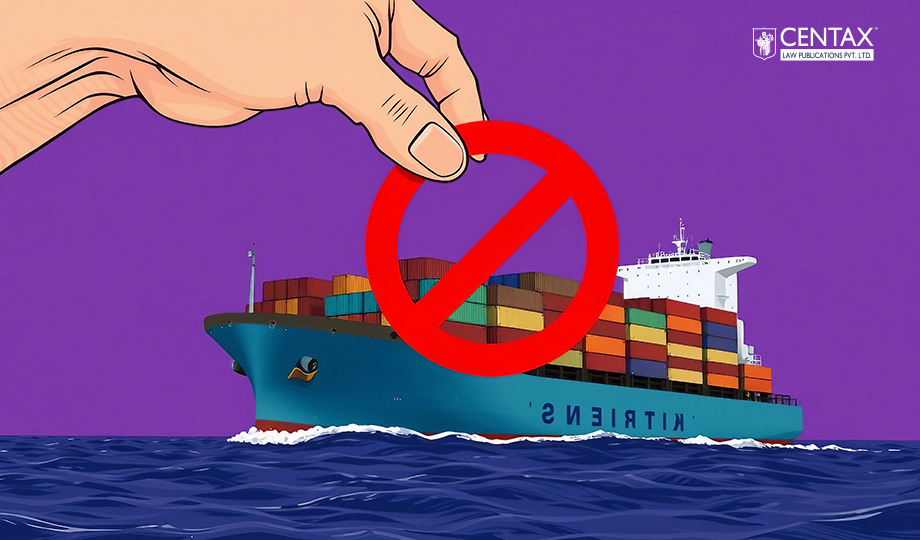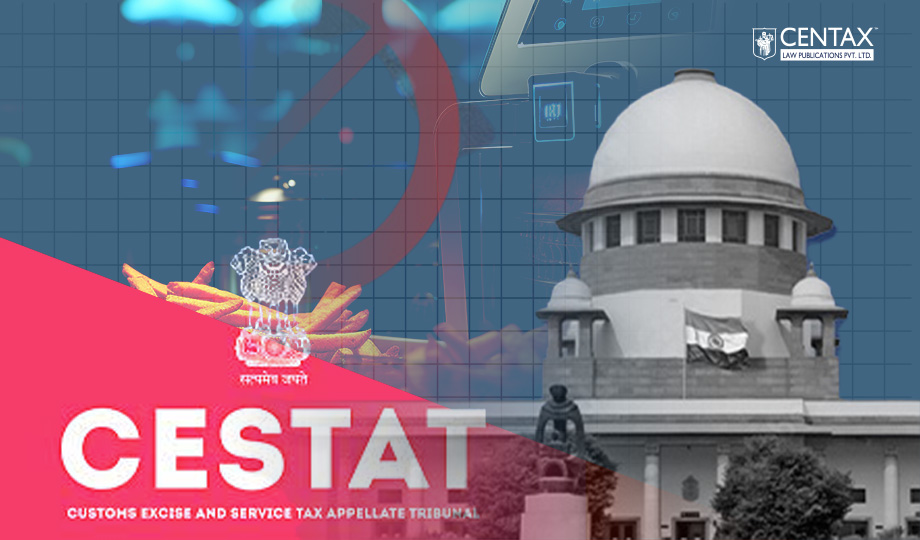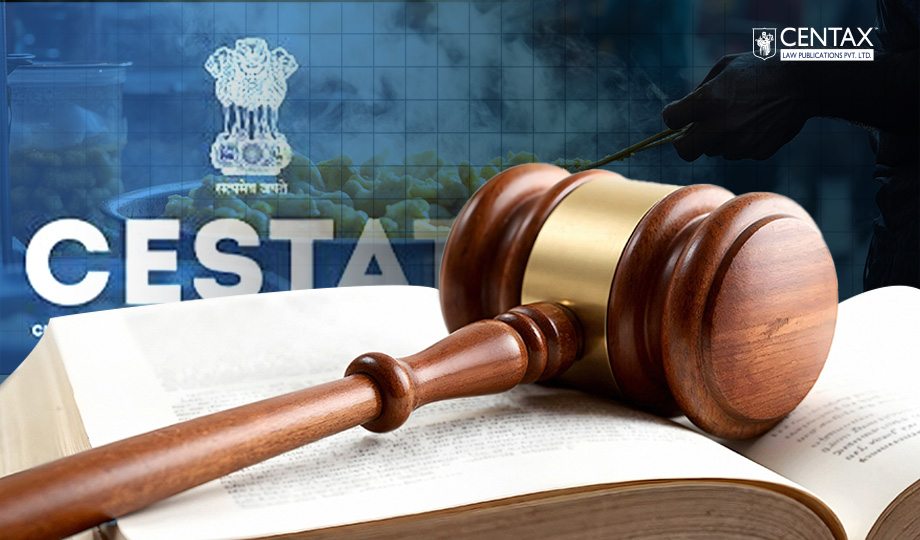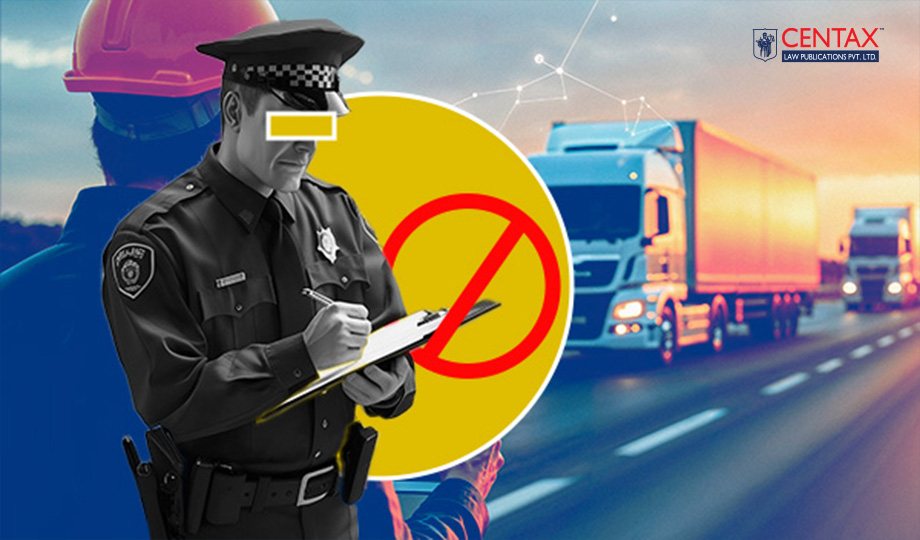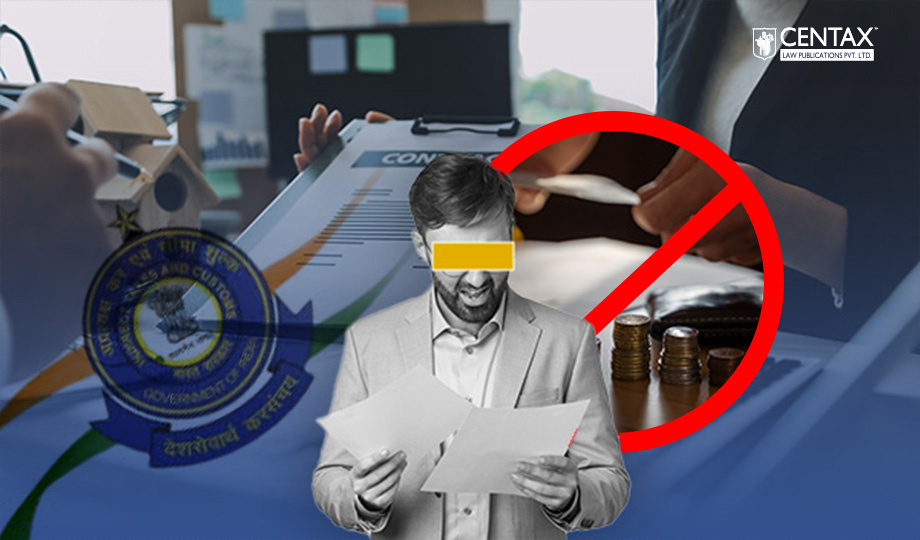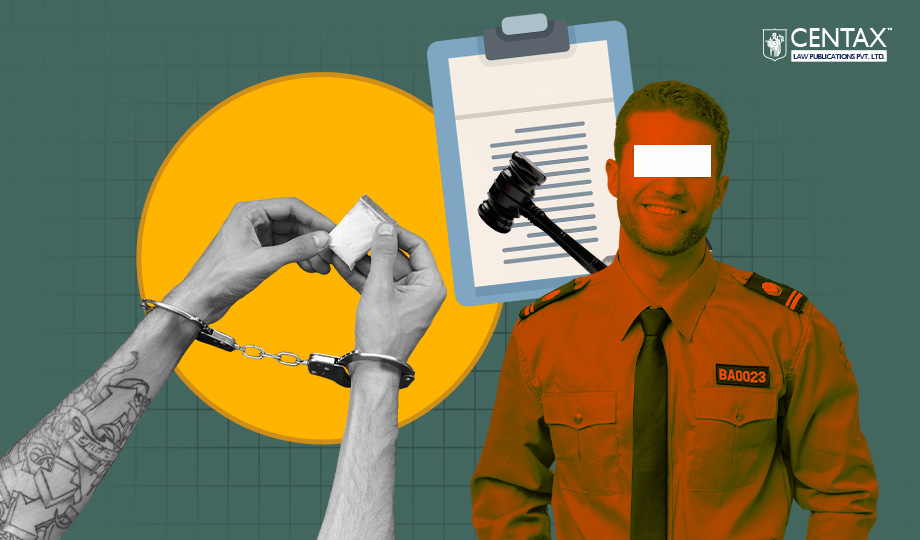
Case Details: Habiob Bedru Omer Versus Customs (2025) 32 Centax 340 (Del.)
Judiciary and Counsel Details
-
Amit Sharma, J.
- S/Shri Arun K. Srivastva with Ashish Sindhu and Ms. Shahina Praveen, Advs., for the Petitioner.
- S/Shri Jatin Singh, SSC and Ravi Arya, Superintendent Customs, for the Respondent.
Facts of the Case
The petitioner, a foreign national, arrived in India on a flight from Addis Ababa. While passing through the green channel, the customs officer intercepted him on suspicion of carrying narcotic substances. He was served with a notice under Section 102 of the Customs Act 1962 and Section 50 of the Narcotic Drugs and Psychotropic Substances Act, 1985. Suspecting that the petitioner had concealed narcotic substances inside his body, the customs officer issued a notice under Section 103 of the Customs Act 1962 to undergo a body scan. After the petitioner voluntarily agreed, it was found that he has swallowed some capsules containing narcotic substances. During the medical examination, the petitioner was found to have swallowed some capsules. The petitioner was then admitted to the hospital, and he ejected the capsules. The customs officer also recorded the statement of the petitioner under Section 67 of the NDPS Act, and he was arrested and produced before the court. The petitioner contended that he was not under illegal detention as he had consented to go to the hospital for ejecting of the capsules swallowed by him. The customs officer also informed the hospital of the facts of the case and sought their assistance in carrying out the procedure for ejecting the capsules from the petitioner’s body.
High Court Held
The Delhi High Court held that the petitioner was in the continuous custody of the customs officer from the time of his interception at the airport until his arrest. The “Handing Over” and “Taking Over” memos annexed with the complaint left no doubt that the petitioner’s custody was being transferred from one officer to the other on the basis of the rotational duties. Thus, such custody without any authority and without producing him before the concerned Magistrate or Special Court within 24 hours in accordance with the law was completely illegal. Even if the petitioner was under medication for the procedure being carried out, the same cannot be a ground to keep him in custody. The rights of the petitioner guaranteed under Articles 21 and 22 of the Constitution of India were violated. Therefore, he has to be released on bail despite the restrictions provided under Section 37 of the NDPS Act.
List Of Cases Cited
- Directorate of Enforcement v. Subhash Sharma — 2025 INSC 141 — Followed [Paras 21, 29]
- Iqbal Kaur Kwatra v. Dist. General of Police — 1996 SCC Online AP 206 — Relied on [Para 23]
- Kaushik Rameshchandra Thakkar v. State of Maharashtra — 2025 SCC Online Bom 1493 — Relied on [Para 22]
- KharoteNiranjan Singh v. Prabhakar Rajaram — (1980) 2 SCC 559 — Followed [Para 20]
- State of Punjab v. Balbir Singh — 1994 (70) E.L.T. 481 (S.C.) — Followed [Para 25]











